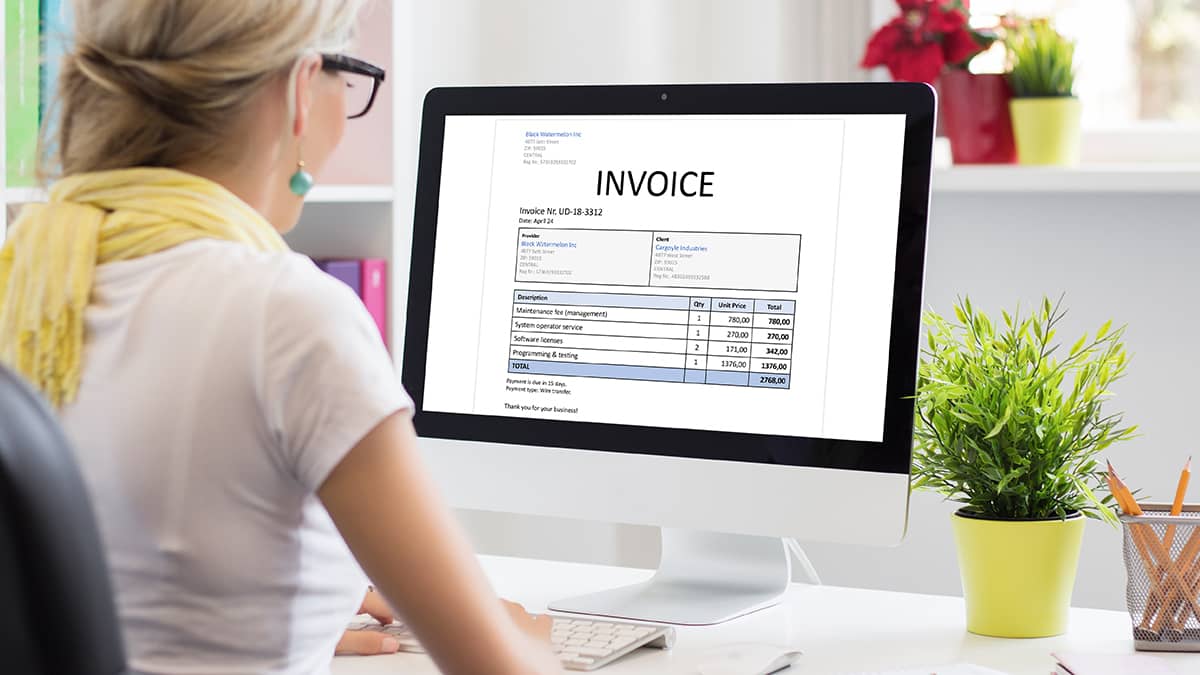![]()
An E-invoice, or electronic invoice, is a digital invoice issued under the GST (Goods and Services Tax) Act for certain taxpayers, primarily in business-to-business transactions. This article aims to provide a comprehensive understanding of e-invoices, including who is authorized to issue them and who is not eligible. It also covers the process of obtaining e-invoices and highlights the benefits they offer.
Who is Liable to Issue an E-invoice under GST?
E-invoices are mandatory for individuals or businesses whose aggregate turnover exceeds Rs. 20 crores, considering the turnover of all GSTINs. The e-invoice is generated through the GST portal, eliminating the need for manual filing of GSTR-1.
Key Takeaways
- E-invoices are mandatory for taxpayers with an aggregate turnover exceeding Rs. 20 crores under GST.
- Documents required for obtaining e-invoices include invoices, credit notes, debit notes, and other GST Act-required documents.
- The process of obtaining an e-invoice involves uploading details, generating the invoice in ERP software, creating an IRN, generating a QR code, and authenticating the invoice on the GST portal.
- Benefits of e-invoices include reduced mismatches, accurate financial information, efficient invoice tracking, and optimized utilization of Input Tax Credit (ITC).
- Certain entities like insurance companies, banking companies, goods transporting agencies, and specific service providers are not eligible for e-invoices under GST.
Documents Required for Obtaining E-invoice from the Invoice Registration Portal:
To obtain an e-invoice, the following documents need to be reported to the Invoice Registration Portal:
a) Invoice issued by the supplier
b) Credit note issued by the supplier
c) Debit note issued by the recipient
d) Any other document required by the Goods and Services Tax Act
The process to Get an E-invoice:
The process to obtain an e-invoice involves the following steps:
a) Access the e-invoice from the software and upload the necessary details, including the supplier’s name, transaction value, and address. It is essential to check for any errors or omissions in the uploaded information.
b) Generate the e-invoice in the specific ERP or billing software, ensuring that all mandatory fields mentioned in the invoice are properly filled. This can be done through a JSON file or an application.
c) Create an invoice reference number (IRN). The Invoice Registration Portal validates the invoice for business-to-business transactions, checks for duplications, and provides a unique IRN.
d) Generate a QR code in JSON format. Once the IRN is generated, the Invoice Registration Portal creates a QR code, which can be sent to the supplier via email if their email address is provided.
e) Authenticate the invoice by sending it to the GST portal. The authenticated invoice also facilitates the generation of an e-way bill. This process eliminates the manual filing of GSTR-1.
Benefits of E-invoice under GST:
E-invoices offer several advantages, including:
a) Reducing mismatches between invoices and returns.
b) Providing accurate and transparent financial information.
c) Acting as an efficient tracker of invoices.
d) Enabling quick and efficient projection of Input Tax Credit (ITC), benefiting businesses in its optimal utilization.
List of People Not Eligible for E-invoice:
Despite meeting the turnover threshold, certain individuals or entities are not eligible for e-invoices. This includes:
a) Insurance companies, banking companies, and financial institutions, including NBFCs (Non-Banking Financial Companies).
b) Goods transporting agencies.
c) Registered taxpayers involved in providing passenger transportation services.
d) Registered taxpayers involved in providing cinematograph film services.
Conclusion:
The e-invoice procedure facilitates the faster Input Tax Credit (ITC) projection and enhances invoice tracking capabilities, thereby increasing business management efficiency.
Related Services
FAQs
1) What is an e-invoice?
An e-invoice is a digital invoice issued under the GST Act for certain taxpayers in business-to-business transactions.
2) Who is required to issue e-invoices under GST?
Individuals or businesses with an aggregate turnover exceeding Rs. 20 crores are required to issue e-invoices.
3) What documents are needed to obtain an e-invoice?
Documents required include invoices, credit notes, debit notes, and any other documents mandated by the GST Act.
4) How can I obtain an e-invoice?
The process involves uploading details, generating the invoice in ERP software, creating an IRN, generating a QR code, and authenticating the invoice on the GST portal.
5) What are the benefits of e-invoices under GST?
E-invoices reduce mismatches, provide accurate financial information, enable efficient invoice tracking, and optimize the utilization of Input Tax Credit (ITC).
6) Are there any exceptions for issuing e-invoices under GST?
Yes, entities such as insurance companies, banking companies, goods transporting agencies, and specific service providers are not eligible for e-invoices under GST.
7) Does the turnover threshold for e-invoices consider all GSTINs of a taxpayer?
Yes, the aggregate turnover exceeding Rs. 20 crores includes the turnover of all GSTINs.
8) Can e-invoices be issued manually instead of using ERP or billing software?
No, e-invoices must be generated through specific ERP or billing software to ensure compliance with the prescribed format.
9) Is e-invoicing applicable for all types of transactions under GST?
E-invoicing is primarily applicable to business-to-business transactions, while certain types of transactions may be exempt or have separate requirements.
10) How does e-invoicing impact Input Tax Credit (ITC)?
E-invoices facilitate faster projection of ITC, enabling businesses to track and utilize their input tax credits efficiently for tax purposes.





